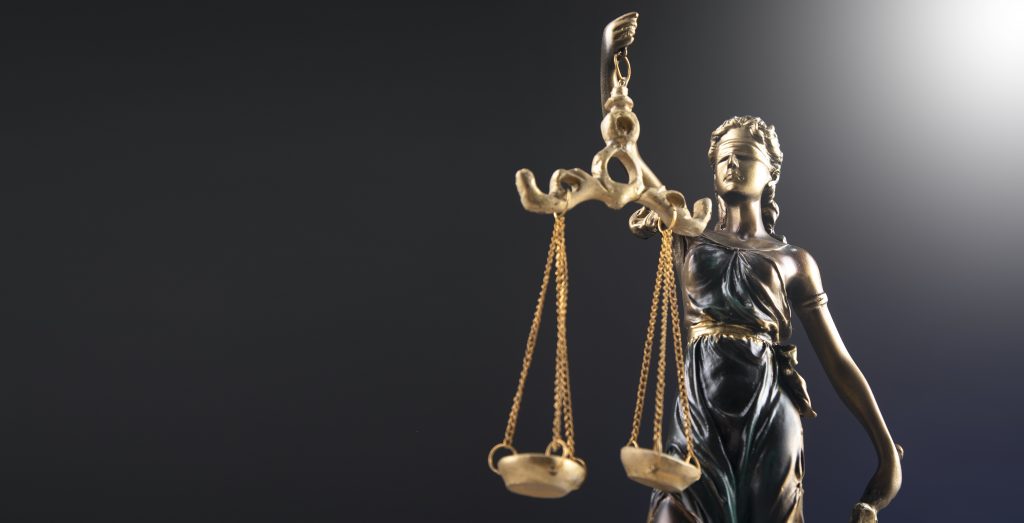Expert witnesses and their testimonies weave complex narratives into comprehensible and actionable insights in the intricate tapestry of the legal system. Professionals offering specialist witness services must understand the profound impact of their role. This blog explores why expert witnesses and expert evidence are indispensable to the legal process, highlighting their contributions to clarity, fairness, and justice. Through this exploration, we underscore the importance of maintaining high standards of expertise and integrity, ensuring the truth remains at the forefront of every legal proceeding.
Understanding Expert Witnesses
Definition and Role of Expert Witnesses
Expert witnesses possess specialized knowledge, skills, or experience in a particular field beyond the common understanding of the average person. They provide the court and jury with informed opinions and explanations that clarify complex issues. Unlike fact witnesses, who testify about what they have directly observed or experienced, expert witnesses offer views based on their expertise.
Qualifications and Characteristics of a Credible Expert Witness
A credible expert witness must possess advanced education, extensive experience, and recognized certifications in their field. They should have a history of professional achievements, publications, and peer recognition. Additionally, they must clearly and objectively communicate their findings, maintaining neutrality and avoiding bias.
Types of Cases where expert witnesses are essential
Expert witnesses play crucial roles in various cases, including:
- Medical Malpractice: Medical experts provide insights into whether somebody met the standard of care.
- Engineering Failures: Structural engineers explain the causes of building collapses or other failures.
- Financial Disputes: Forensic accountants unravel complex financial transactions and clarify fraud or embezzlement allegations.
The Legal Process and Expert Evidence
Overview of the Legal Process and Expert Evidence
The legal process involves multiple stages: investigation, pre-trial, trial, and post-trial. Expert evidence becomes particularly crucial during the trial phase, which helps establish facts and clarify specialized topics. During pre-trial, expert reports can influence settlement negotiations or motions.
How Expert Evidence Is Presented in Court
Expert evidence is typically presented as written reports, deposition, testimony, or live testimony during the trial. Experts must explain their methodologies and conclusions in a way that non-experts can understand. Their evidence can undergo rigorous cross-examination to test its validity and reliability.
The Difference Between Fact Witnesses and Expert Witnesses
Fact witnesses testify about what they have seen, heard, or experienced based on personal knowledge of events. In contrast, expert witnesses provide opinions based on their expertise, helping the court understand complex technical or scientific issues beyond the knowledge of laypersons.
The Importance of Expert Witnesses
Enhancing the Understanding of Complex Issues for the Court and Jury
Expert witnesses demystify complex issues, making them comprehensible to judges and juries needing specialized knowledge. This clarity ensures that all parties understand the technical aspects of a case.
Providing Specialized Knowledge that Aids in Making Informed Decisions
Expert testimony provides the court with the necessary information to make informed decisions. For instance, in a medical malpractice case, a medical expert can explain whether the standard of care was breached, helping the jury determine liability.
The Impact of Expert Testimony on Case Outcomes
Credible expert testimony can significantly influence case outcomes. For example, in the famous case of Daubert v. Merrell Dow Pharmaceuticals, expert testimony on the link between a drug and congenital disabilities was pivotal in the Supreme Court’s decision to establish new standards for the admissibility of expert evidence.
The Credibility and Reliability of Expert Evidence
Criteria for Determining the Reliability of Expert Evidence
Courts determine the reliability of expert evidence by evaluating the expert’s qualifications, the methodology used, and whether the evidence has been peer-reviewed. They also consider the potential error rate of the method and its acceptance within the relevant scientific community.
Daubert Standard and Frye Standard Explained
The Daubert Standard, established by the Supreme Court in Daubert v. Merrell Dow Pharmaceuticals, provides criteria for the admissibility of expert testimony, focusing on the methodology’s scientific validity. The Frye Standard requires that the relevant scientific community generally accept the methods used by the expert witness.
The Importance of Methodologically Sound and Peer-Reviewed Evidence
Methodologically sound and peer-reviewed evidence ensures that the expert’s testimony is based on reliable and scientifically valid principles. This rigor helps maintain the integrity of the legal process and ensures that decisions are based on credible information.
Challenges and Considerations
Potential Biases and How to Mitigate Them
Expert witnesses must strive to remain objective and unbiased. Potential biases can arise from financial incentives, personal beliefs, or affiliations. Experts should disclose potential conflicts of interest and adhere to ethical guidelines to mitigate biases.
Challenges in Cross-Examination and Maintaining Objectivity
Expert witnesses must defend their methodologies and conclusions during cross-examination while maintaining objectivity. This can be challenging, especially when faced with aggressive questioning. Preparation and a thorough understanding of their field are crucial for maintaining credibility.
Ethical Considerations for Expert Witnesses
Expert witnesses have an ethical obligation to provide honest and impartial testimony. They should not advocate for either side but rather present their findings based on objective analysis. Upholding these ethical standards is essential for maintaining trust in the legal system.
Case Studies and Examples
Real-World Examples Where Expert Witnesses Played a Crucial Role
The O.J. Simpson Trial
Forensic experts played a critical role in analyzing DNA evidence, which was a vital component of both the prosecution and defense arguments.
The Enron Scandal
Financial experts unraveled the complex accounting practices that led to Enron’s collapse, providing clear explanations pivotal in securing convictions.
Analysis of the Impact of Expert Testimony on Case Outcomes
Expert testimony shaped the jury’s understanding of the evidence in the O.J. Simpson trial and the Enron scandal. These cases highlight how expert witnesses can sway outcomes by providing clarity and specialized knowledge.
Conclusion
Expert witnesses and expert evidence are indispensable to the legal process. They offer clarity and specialized knowledge that help ensure just and fair outcomes. Their testimony enhances understanding of complex issues, aids in informed decision-making, and can significantly influence case outcomes. Maintaining high standards of expertise, objectivity, and ethical conduct is paramount for professionals offering expert witness services. By doing so, they uphold the integrity of the legal system and contribute to the pursuit of justice.
With this comprehensive understanding, professionals in the field can appreciate the profound impact of their work and the responsibility they bear in ensuring that truth and justice prevail in the legal process.

Are you an expert?
Your expertise makes a difference. Join a community of over 15,000 experts at Expertinfo.com. With 40 years of experience in connecting experts like you with attorneys who need your specialized skills, we’re dedicated to facilitating successful collaborations. Don’t miss the opportunity to impact critical legal cases and expand your professional network. Reach out today and become part of our extensive database of leading experts. Your expertise isn’t just needed—it’s essential. Connect with us now and start making a difference!







